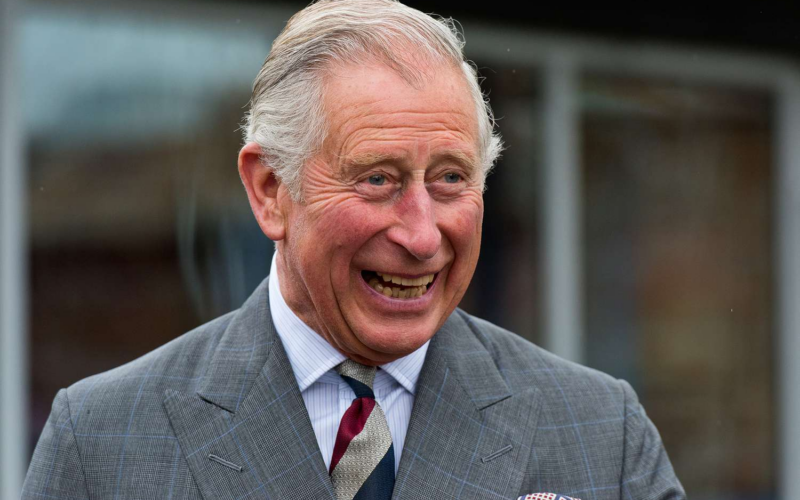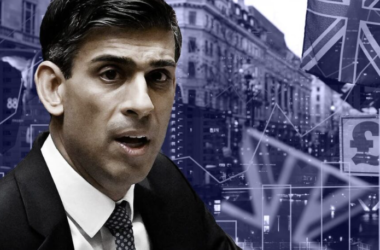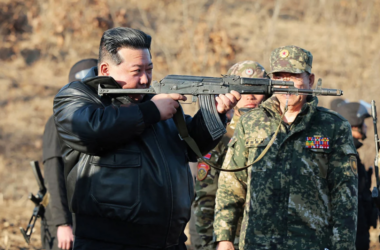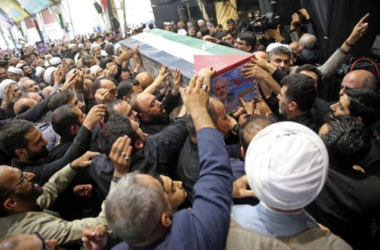Britain’s King Charles III has recently come under scrutiny for his silence regarding the ongoing riots across the United Kingdom, which erupted following a tragic knife attack that claimed the lives of three children. While the monarch and Queen Camilla expressed their condolences to the victims’ families, Buckingham Palace has refrained from commenting on the subsequent unrest.
The riots, which have led to the targeting of mosques and immigration-related sites, have been attributed to far-right elements attempting to exploit the tragedy and rising concerns over immigration. This has raised expectations for a response from the king, especially considering his past vocal stance on social issues.
Royal commentator Ed Owens voiced his surprise at the king’s silence, noting the significance of the moment for the nation. “I am surprised that the king as head of state hasn’t come out more forcefully, given that it’s a perilous moment for the United Kingdom,” Owens stated.
However, constitutional law expert Craig Prescott explained that it is customary for the British monarchy to remain neutral and avoid commenting on political events. “The monarchy does not comment on current political events,” Prescott noted, suggesting that any royal response might come only after the situation has calmed.
Charles’ silence mirrors the approach of his late mother, Queen Elizabeth II, who similarly refrained from public commentary during the 2011 riots in England. This adherence to tradition is seen as a means of avoiding political entanglements, as highlighted by Owens. The historian suggested that Charles may have been advised by the government to remain silent or may have personally deemed the issue too contentious to address directly.
Despite the criticisms, some believe that the king’s quiet approach is consistent with the role of the monarchy. Prescott pointed out that speaking out on this issue could set a precedent, leading to expectations for the monarch to address every subsequent major event, which could politicize the royal position.
Nevertheless, the king’s silence has disappointed some observers, particularly given his history of engaging with social issues. As heir to the throne, Charles visited riot-affected areas in 2011 and has previously expressed concern over government policies, such as the controversial plan to send asylum seekers to Rwanda.
Graham Smith, head of Republic, a group advocating for an elected head of state, criticized both the king and the institution of the monarchy, arguing that the inability to speak out in moments of national crisis undermines the monarchy’s value. “There’s no value in a billionaire sitting in his holiday home being updated about what’s happening. I mean, it’s easy to be updated – switch the TV on,” Smith remarked.
King Charles is currently on his annual summer holiday in Scotland, and while royal sources indicate that he has requested daily updates on the situation, his silence continues to spark debate over the role and relevance of the monarchy in modern Britain.








